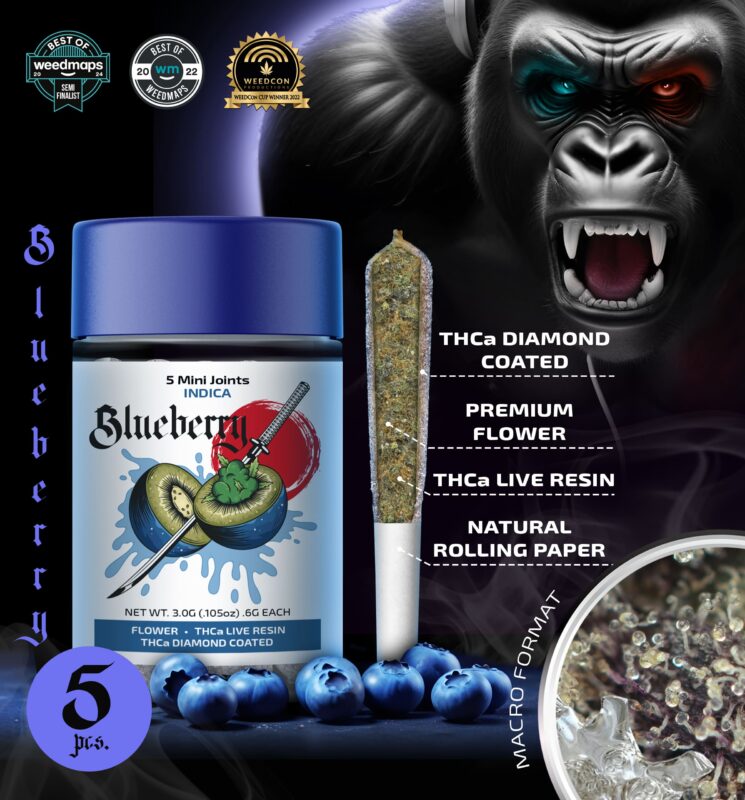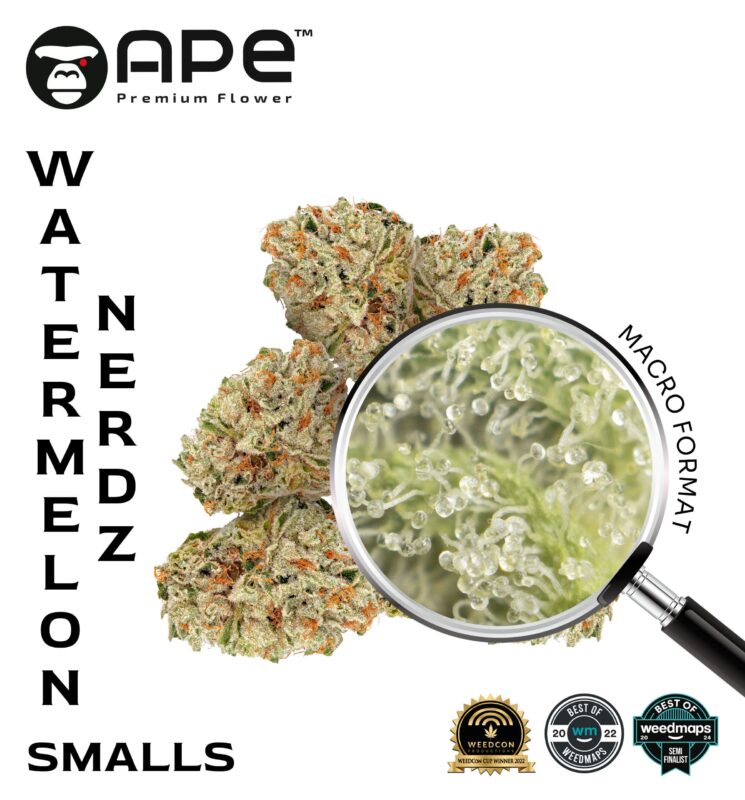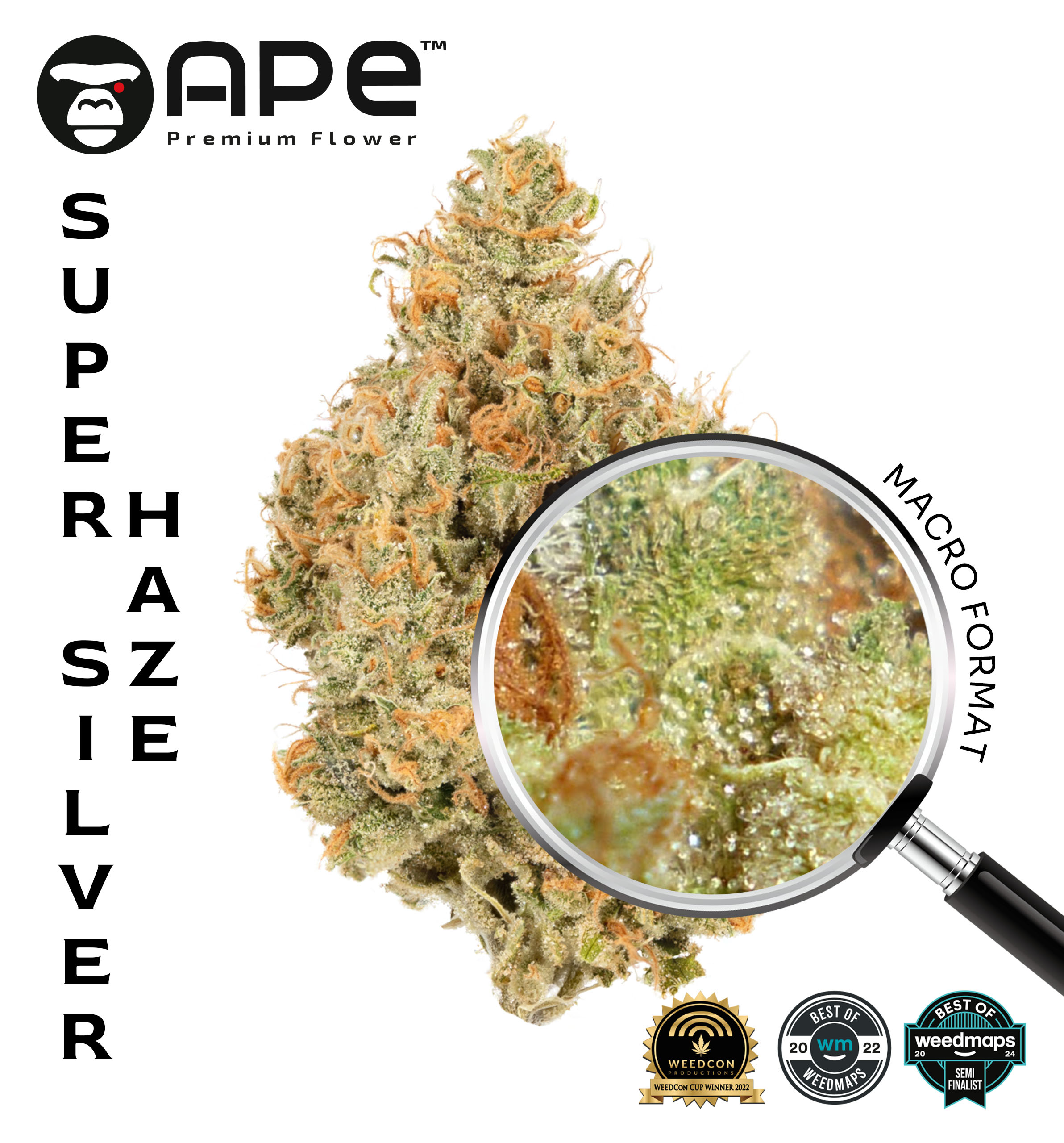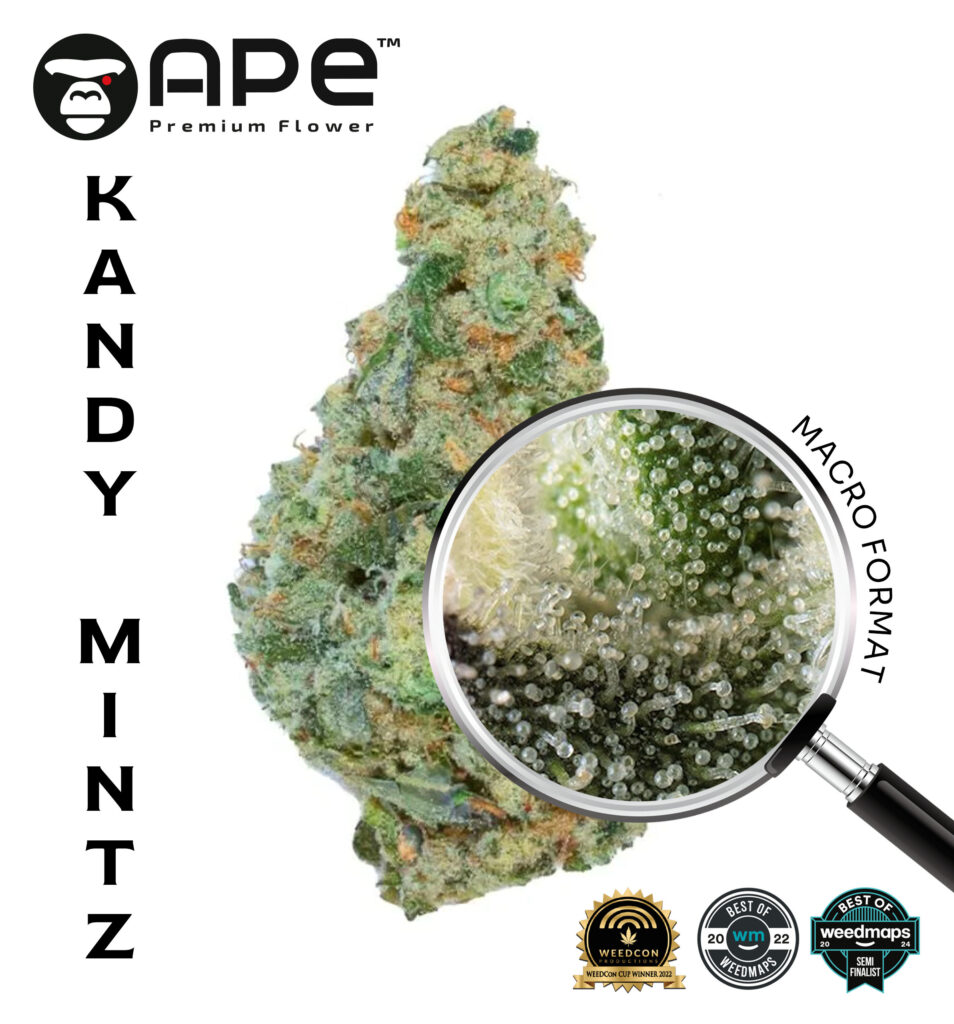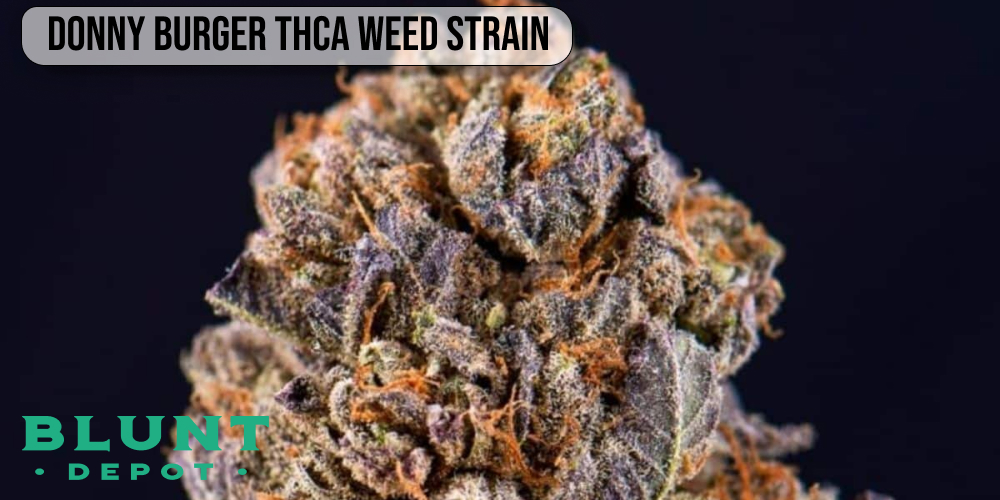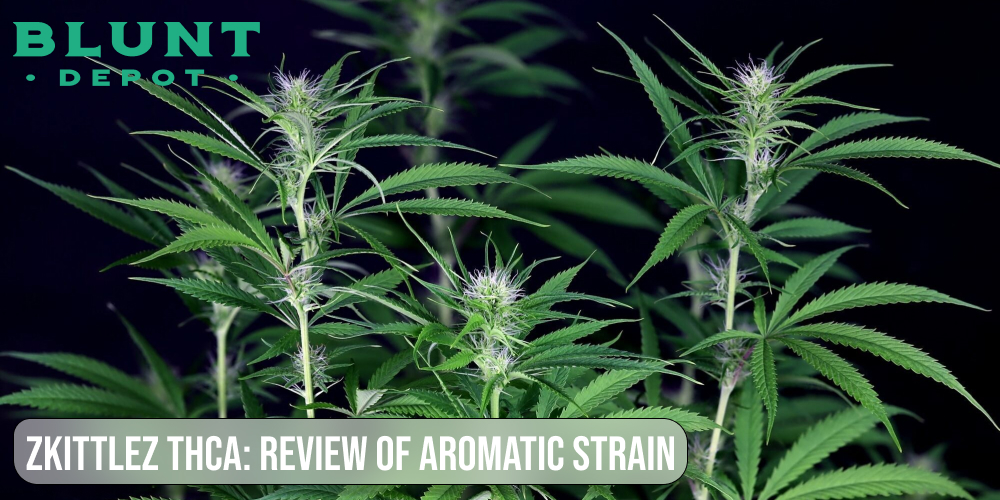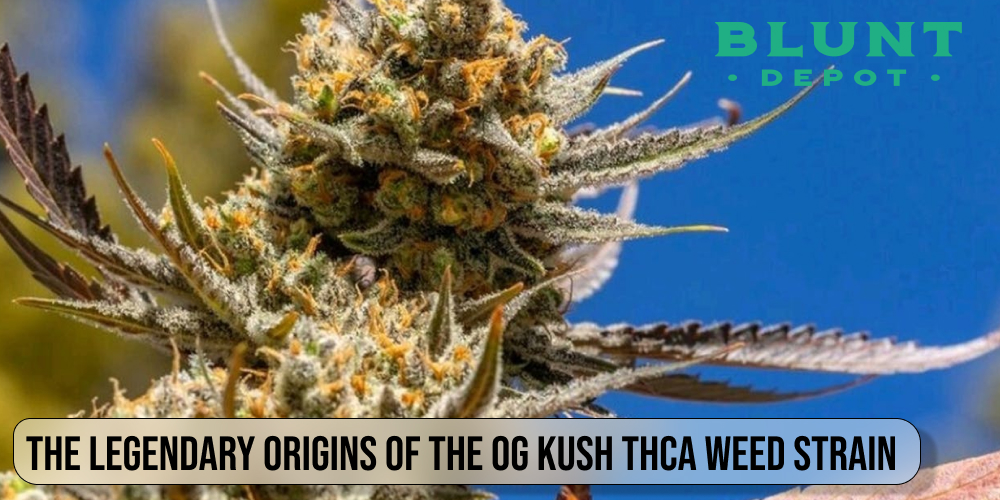Learn more about !
How strains get their names – myths and truth
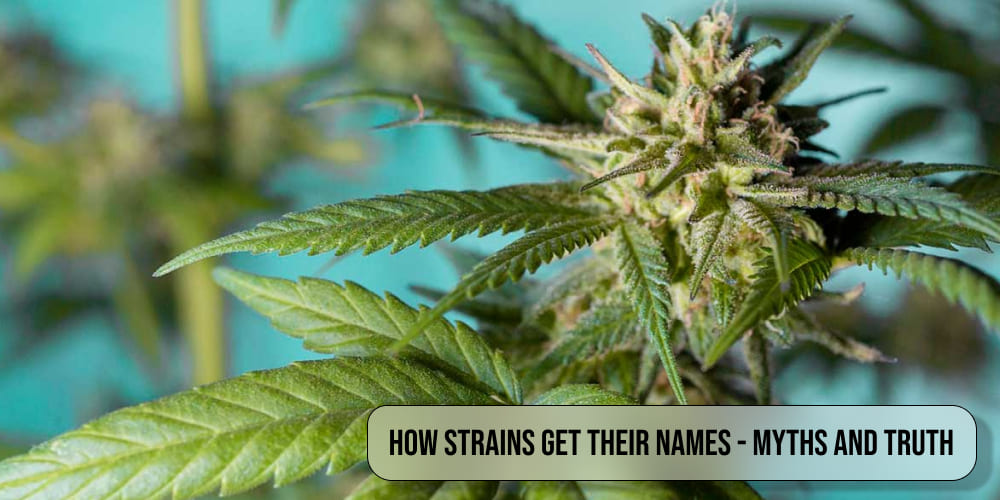
When you hear strain names like “Gush Mints”, “Blockberry”, or “Blue Dream”, what comes to mind? Probably an image connected to the aroma, effects, or appearance of the plant. But where do these monikers come from? The process is often shrouded in myths, making it tough to separate fact from fiction.
The journey of how strains get their names is a fascinating trip, starting with legends of mysterious breeders and ending with precise scientific data. Names can be a tribute to famous people, a nod to pop culture, or simply a reflection of the plant’s physical characteristics. Understanding how strains get their names requires a look at both their underground past and their modern, regulated present.
Initially, during the era of clandestine cultivation, names were more like codewords than marketing brands. They were used for identification and to protect crops from rivals. Breeders gave strains nicknames based on their origin, such as “Acapulco Gold” or “Panama Red”. These names were passed down by word of mouth and eventually became legendary.
Today, with the industry going legal, the naming process has become much more complex and strategic, making the story of how strains get their names a tale of evolution.
- Many names are inspired by the strain’s aroma and flavor.
- Names often reflect the origin or genetic makeup of a strain.
- Some strains are named after celebrities or notable events.
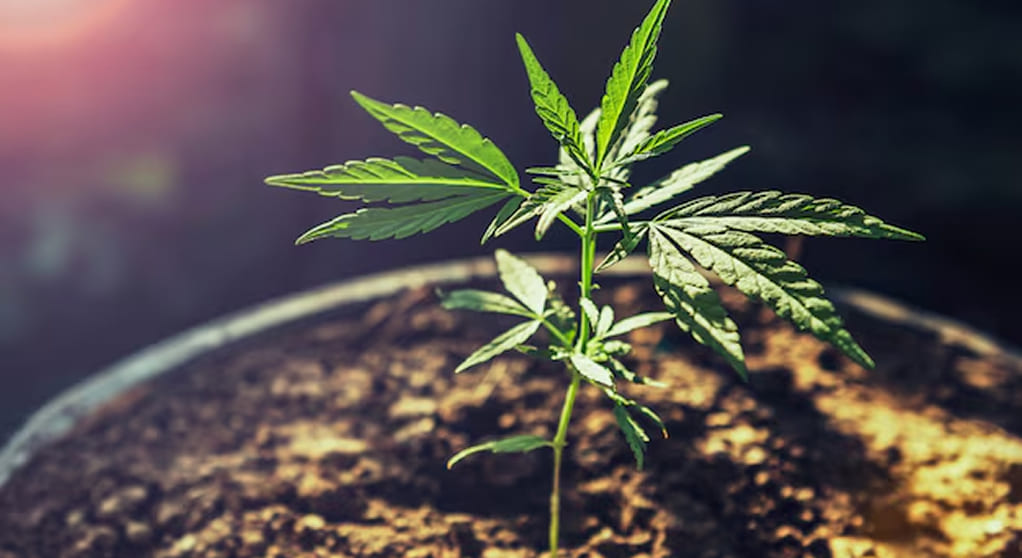
The Enigmatic Breeders and Their Secrets
Behind every new strain is a breeder—a person who crossbreeds different plants to create something unique. These masters can spend years stabilizing the genetics before introducing their new masterpiece to the world. The names they choose are often not just random words but a result of deep consideration. It could be a tribute to the strain’s ancestors, like “Girl Scout Cookies,” which got its name from its sweet, baked-goods-like aroma. Or it could be something personal, connected to the breeder’s life experiences, offering a glimpse into how strains get their names from a creative and personal standpoint. This intricate process of selection is a core part of the culture surrounding how strains get their names.
Often, names are created to evoke specific associations and expectations in the consumer. For example, “Green Crack” (it does not contain crack cocaine, by the way!) gets its name from its powerful and energetic effect. Some breeders even use focus groups to ensure a name resonates with their target audience. This is no longer just about giving a plant a nickname; it’s about branding, which is a crucial aspect of how strains get their names and helping them stand out in a crowded market. The careful selection of a name is a crucial part of how strains get their names in the modern market.
- Breeders spend years stabilizing genetics.
- Names can be a tribute to the strain’s ancestors.
- Some names are developed with the help of focus groups.
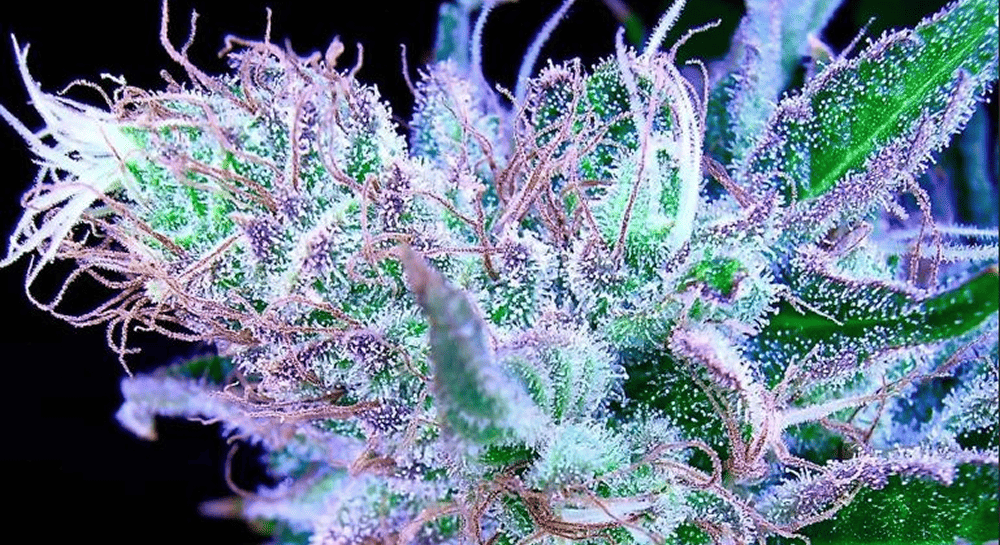
Aromatic Clues and “Effect-Driven” Marketing
One of the most straightforward answers to the question of how strains get their names is their aroma and flavor. If a strain smells citrusy, it might be called “Lemon Haze” or “Tangerine Dream.” If it has an earthy, musky aroma, it could easily be named something like “OG Kush.” Terpenes, the aromatic compounds that give cannabis its unique scent, are often the primary source of inspiration for these names. It’s an effective way of letting the product speak for itself, and a key element in understanding how strains get their names.
Names can also describe the effect a strain produces. For instance, “Granddaddy Purple” is often associated with a relaxing and sedative effect that helps with sleep. “Sour Diesel,” on the other hand, is known for its uplifting and energizing qualities. Sometimes, names can be a bit exaggerated, but they always give a hint about what to expect from the strain. This is a type of “effect-driven” marketing that helps consumers make an informed choice. It’s a clever way of telling the consumer what they need to know right on the label, which is central to how strains get their names in the modern era.
- Terpenes are the foundation for many aromatic names.
- Names can describe the effects of consumption.
- These names help consumers navigate the world of strains.
Pop Culture, Celebrities, and Bizarre Coincidences
Sometimes, the story of how strains get their names is a simple nod to pop culture. “Chemdog” got its name from its chemical-like smell, but its popularity is linked to the legend of a breeder known as “Dog.” “Durban Poison” is a classic landrace from South Africa, and “Hindu Kush” comes from a mountainous region on the border of Afghanistan and Pakistan. These names are woven into the fabric of cannabis history, providing another dimension to the tale of how strains get their names.
Occasionally, names are a direct tribute to celebrities. “Wiz Khalifa OG” is named after the rapper known for his love of cannabis. This is not only a great marketing move but also a way to show that the strain has a “star” status. Sometimes, the names can be a bit strange due to coincidences. For example, “Grape Ape” was named after a cartoon character, but its aroma and flavor genuinely resemble grapes, making it a perfect fit. This unexpected synergy is a fun and quirky part of how strains get their names.
- Names can be a reference to popular movies or games.
- Some strains are named after celebrities.
- Strange coincidences also play a role in the naming process.
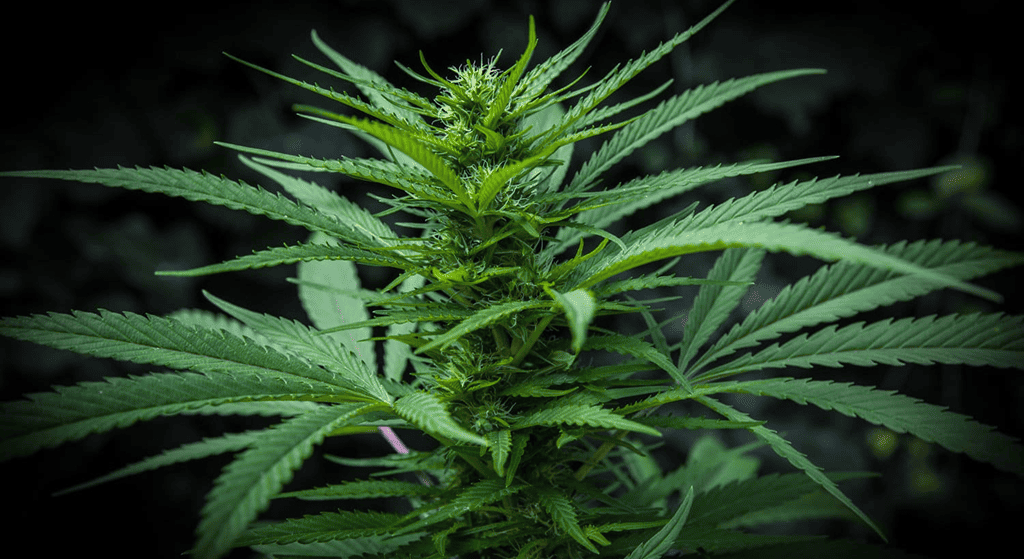
Geographical Roots and Landraces
One of the oldest methods of understanding how strains get their names is by looking at their geographical origin. Landraces are strains that have naturally adapted to a specific climate and region. Their names, such as “Thai Stick” or “Colombian Gold,” point directly to their homeland. They are purebred representatives of their species and are often used as the genetic foundation for new hybrids. This historical perspective is vital for a full understanding of how strains get their names.
Geographically-based names give a strain a sense of authenticity and history. When you try “Acapulco Gold,” you picture the sunny beaches of Mexico and golden-hued buds. These names are not just words; they are entire stories that speak to the culture and traditions of a particular region. They help preserve genetic diversity and protect rare landraces from extinction, adding another important chapter to the larger narrative of how strains get their names.
- Landraces are named after their geographical origin.
- Geographical names give a strain authenticity.
- They help preserve genetic diversity.
Jokes, Metaphors, and a Touch of Humor
Sometimes, the secret behind how strains get their names is simply a joke or a metaphor. For instance, “Alaskan Thunder Fk”** isn’t about brute force, but about a powerful and energetic effect that can hit you like a thunderbolt. “Durban Poison” is not a poison, but its effect can be just as strong and surprising. These names are designed to grab your attention and make you smile. They show that the industry isn’t always serious and can have a self-deprecating side, which is a surprisingly common reason for how strains get their names.
Humor in names is a form of art. It allows breeders to express their individuality and creativity. Some names, like “Cat Piss” or ““Dog Shit,” might sound off-putting, but they actually describe a very specific, musky aroma. So, if you come across a strain with a name like that, don’t be scared—it could just be a joke that hides a powerful and interesting effect. This artistic freedom is part of the charm of how strains get their names and a testament to the creativity of the cannabis community.
- Names can be jokes or metaphors.
- Humor in names is a way to attract attention.
- Some off-putting names describe specific aromas.
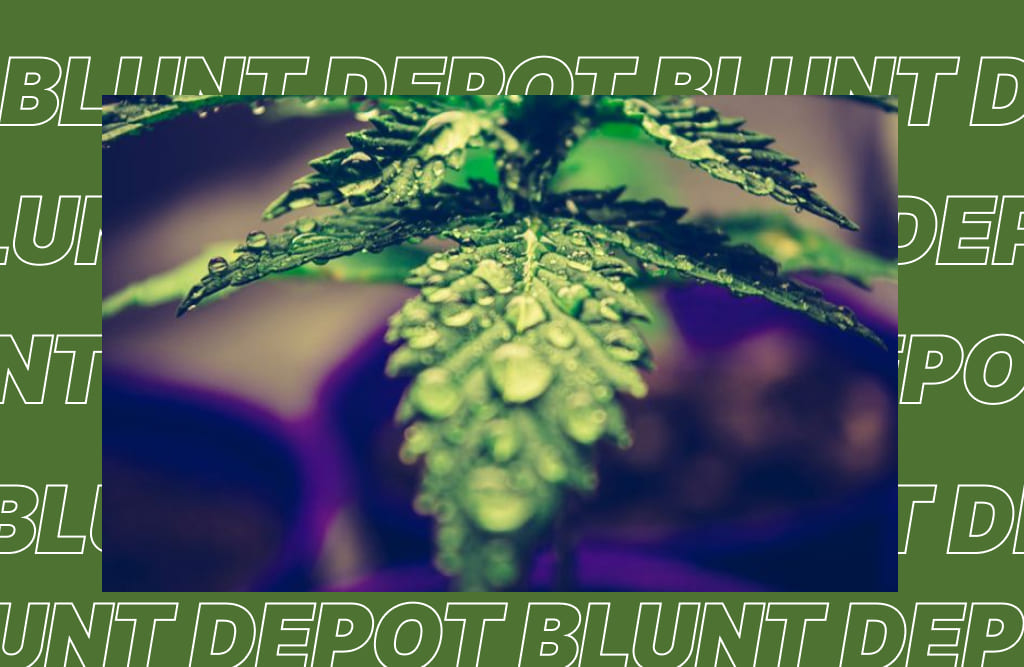
From the Underground to the Legal Market
With the legalization of cannabis, the process of how strains get their names has become much more formalized. They are no longer just nicknames; they are full-fledged trademarks. Companies spend millions of dollars on marketing to create a recognizable brand. They register names as intellectual property to protect their products from counterfeits. This shift is a major part of the modern story of how strains get their names.
This has led to the emergence of more “proper” and commercially appealing names on the market, such as “Dosidos” or “Wedding Cake.” But that doesn’t mean the old legendary names have disappeared. They continue to live on in the hearts of cannabis enthusiasts and are a part of its rich history. It’s a kind of evolution from wild and untamed nicknames to elegant and well-thought-out brands. This is a stark evolution in the story of how strains get their names.
- Legalization has led to the formalization of the naming process.
- Companies are registering names as trademarks.
- Old names continue to live on in the hearts of enthusiasts.
What are indica, sativa and hybrid – and what strains belong to them?
The Best THCA Strains for Morning Energy
Top 5 THCA strains in Austin
Looking to the Future: Scientific Names and Standards
So, what does the future hold for how strains get their names? It’s possible that at some point, we will see a more scientific approach to naming strains. Instead of “Blue Dream”, we might see names based on their chemical composition, for example: “CBD:THC 1:1, Terpene Profile: Myrcene, Pinene, Limonene.” This would allow consumers to make more informed choices based on facts, not just marketing. This scientific rigor will likely influence how strains get their names in a significant way.
But don’t worry, this doesn’t mean the romance will disappear. It is more likely that we will see a combination of old and new approaches. Names will have both commercial and scientific value. So, the next time you choose a strain, remember that behind every name is a story, a genetic history, and a unique fate. And who knows, maybe you will be the one to name the next legendary strain, contributing to the rich tapestry of how strains get their names.
- In the future, we may see more scientific names.
- New names may be based on chemical composition.
- The romance and old names will not disappear.

